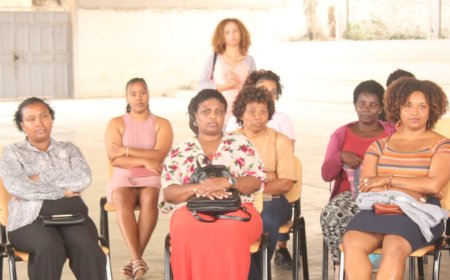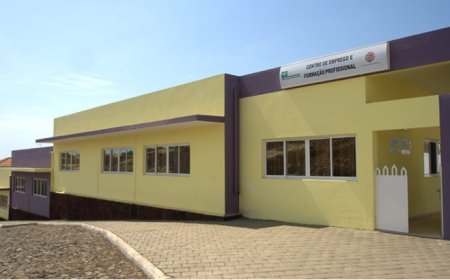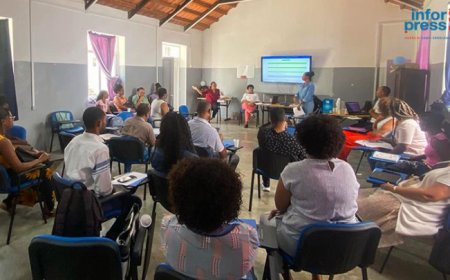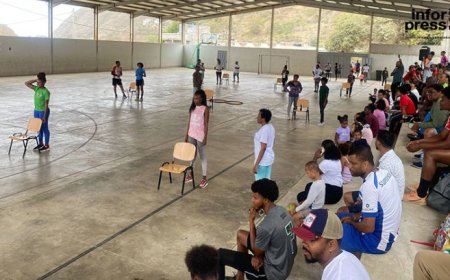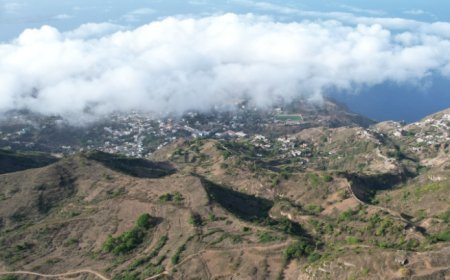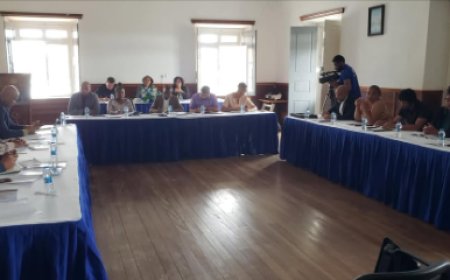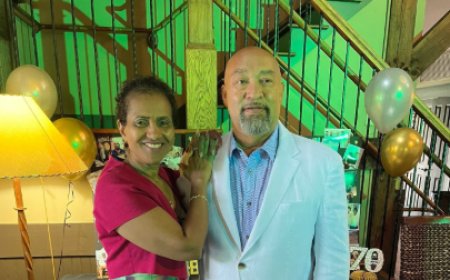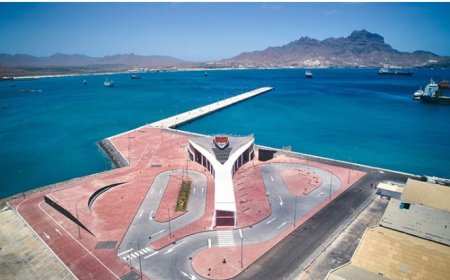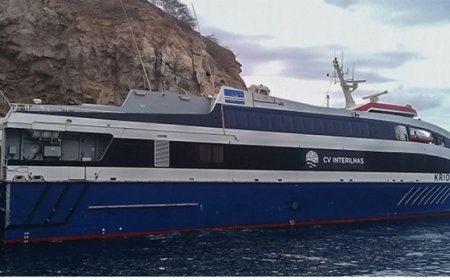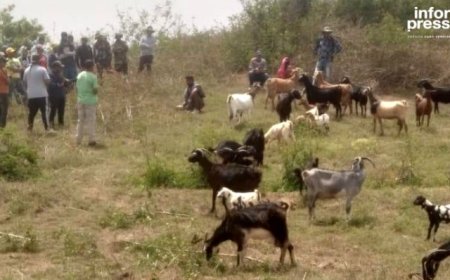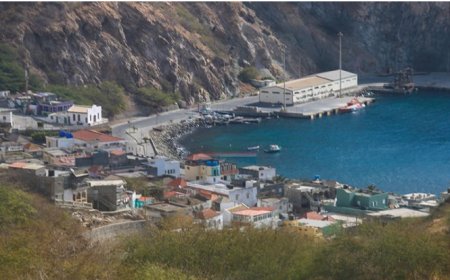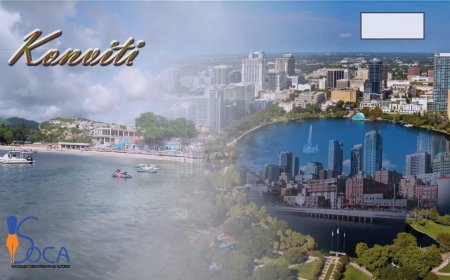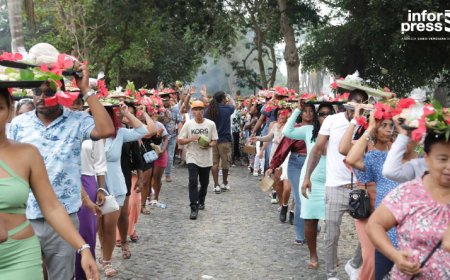Whale fishing in the rich cultural heritage of Brava Island
Ilha Brava in Cape Verde has a long history of whaling. Whaling activity began on the island in the late 18th century, when American and European whaling ships began visiting the region in search of whales. At the time, whaling was one of the main economic activities on the island, and many inhabitants worked as whalers.
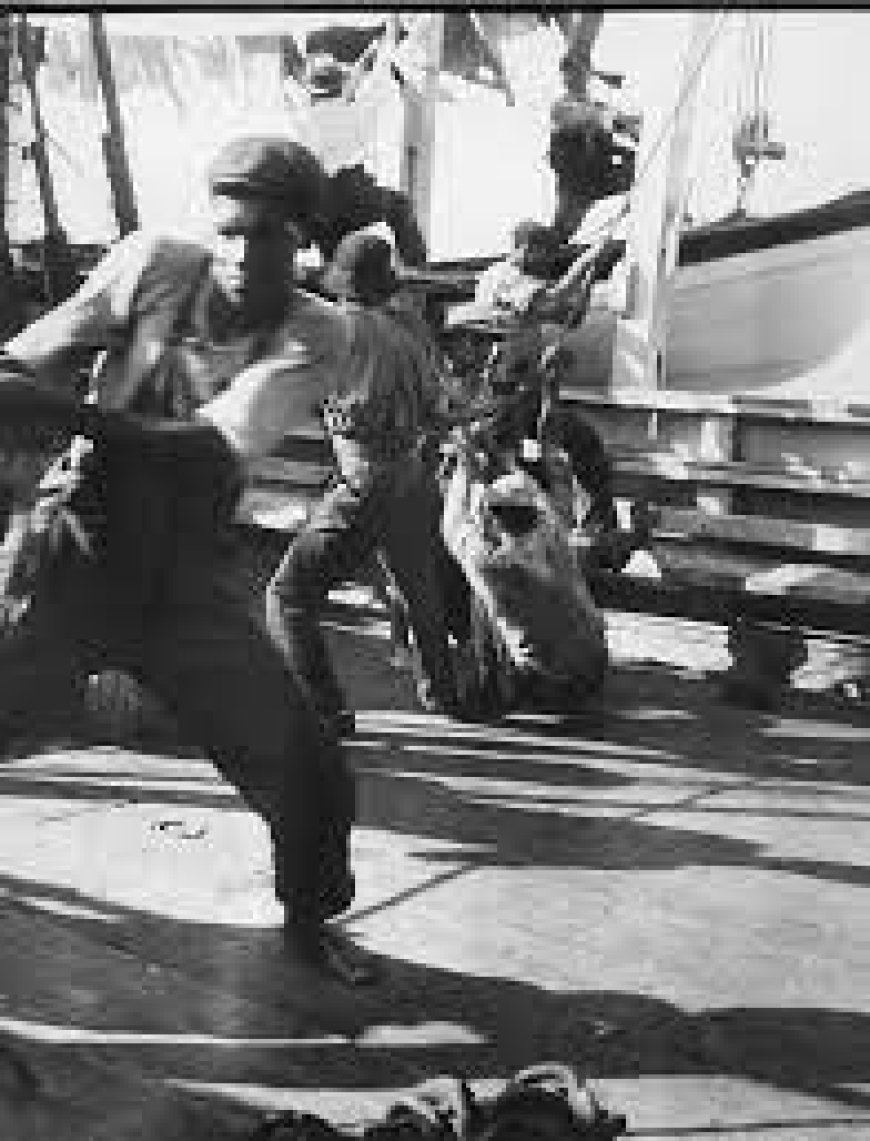
Ilha Brava in Cape Verde has a long history of whaling. Whaling activity began on the island in the late 18th century, when American and European whaling ships began visiting the region in search of whales. At the time, whaling was one of the main economic activities on the island, and many inhabitants worked as whalers.
During the 19th century, whaling became even more important to the island's economy, and many whaling companies were established in the region. Whaling activity reached its peak on Brava Island in the late 19th and early 20th centuries, when the island became an important processing center for whales to produce oil and other by-products.
However, as time went on, whaling became less profitable, due to dwindling whale populations and growing international opposition to the practice. Furthermore, the development of new technologies and energy sources have largely replaced the demand for whale oil.
Nowadays, whaling is prohibited all over the world, including in Cape Verde. However, Ilha Brava still has a rich cultural heritage related to whaling, with many stories, songs and traditions that are passed down from generation to generation. Whale watching is now a major tourist attraction on the island, allowing visitors to experience whales in their natural habitat without harming these beautiful marine creatures.
regenerate














